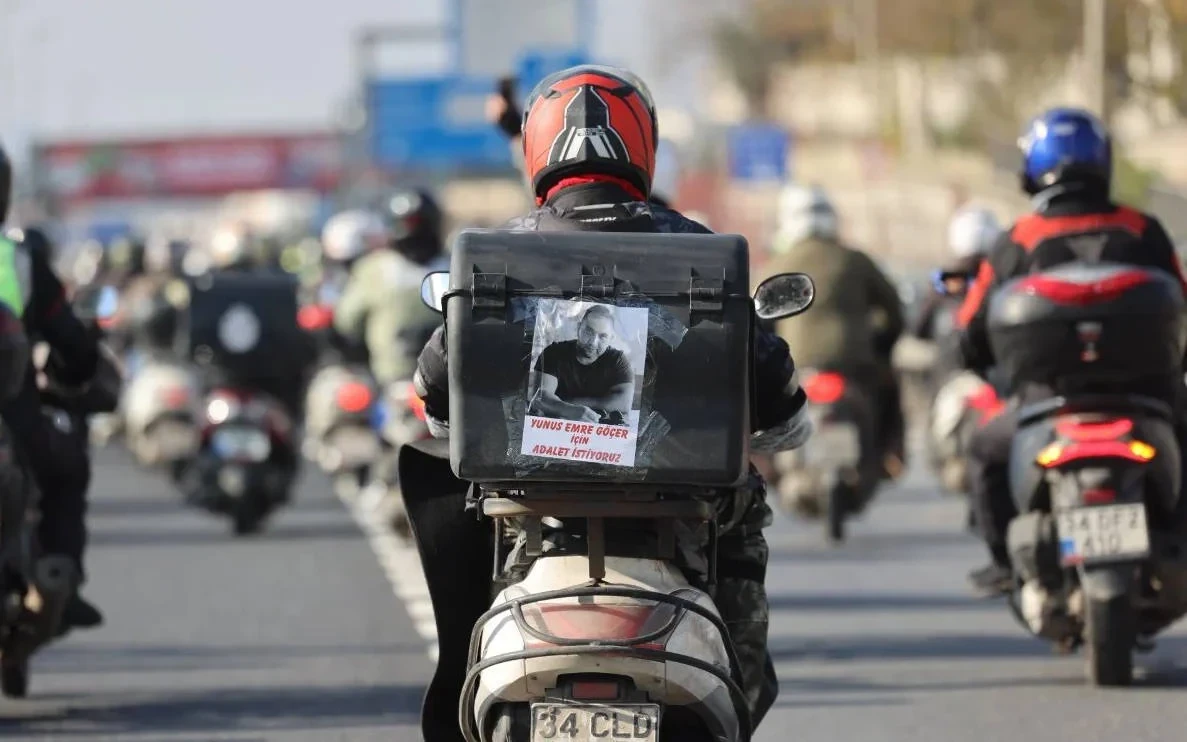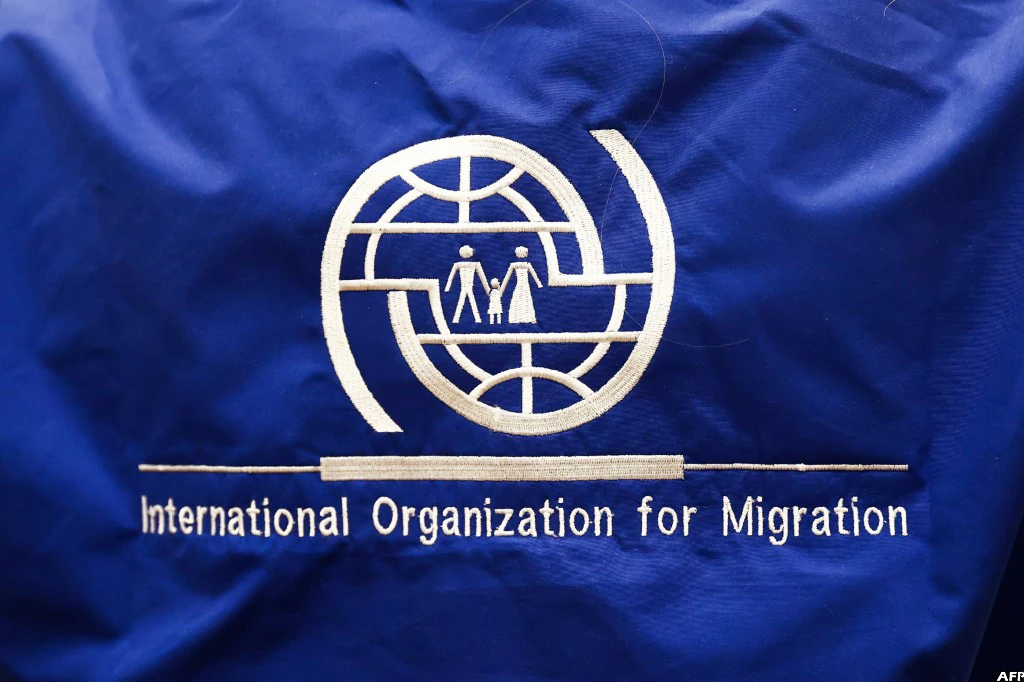South Korean markets stabilize after martial law decree is overturned
 South Korea's National Assembly Speaker Woo Won-shik passes a resolution demanding the immediate lifting of martial law at the National Assembly in Seoul on December 4, 2024. (AFP Photo)
South Korea's National Assembly Speaker Woo Won-shik passes a resolution demanding the immediate lifting of martial law at the National Assembly in Seoul on December 4, 2024. (AFP Photo)
South Korea’s financial markets faced significant turbulence on Wednesday after President Yoon Suk Yeol declared martial law, a move that saw sharp declines in stock values and the South Korean won. However, the situation began to stabilize after parliament voted to overturn the decree.
The declaration of martial law led to immediate shocks in the market. In US trading, the iShares MSCI South Korea ETF dropped by about 7%, while key South Korean companies like Coupang and POSCO Holdings saw their stock values fall by 10% and 8%, respectively. The South Korean won also lost around 3% of its value against the US dollar.
The situation changed course later in the day. In an emergency parliamentary session, lawmakers voted to rescind the martial law order. Following the vote, a Cabinet meeting chaired by Prime Minister Han Duck-soo passed a resolution lifting the martial law, effectively nullifying President Yoon’s decree. As a result, the South Korean won began to recover, and the stock market showed signs of returning to normal.
The decline in shares of Samsung Electronics, which initially fell by 7.5%, eased to a 3.7% loss by the close of trading. The Finance Ministry confirmed that stock markets would open as usual on Wednesday, with Finance Minister Choi Sang-mok assuring investors that the government was prepared to take whatever measures necessary to stabilize the financial and foreign exchange markets. These measures could include offering unlimited liquidity if needed.
South Korea’s financial oversight body also announced that it stood ready to allocate 10 trillion won ($7.07 billion) to a stock market stabilization fund at any time, according to Yonhap news agency. This commitment to intervention further reassured investors.
The initial disruptions to online services, including major portals like Naver and Daum, also began to stabilize by Wednesday. Although the markets showed signs of recovery, the long-term consequences of the martial law attempt remain uncertain.
This was South Korea’s first martial law attempt in 45 years. In the 300-seat parliament, 190 lawmakers voted against the decree, highlighting the deep political opposition to the move.
While immediate volatility has been addressed, the broader impact on South Korea’s economy and governance will depend on the ongoing political situation and how the government addresses the underlying causes of the crisis.



